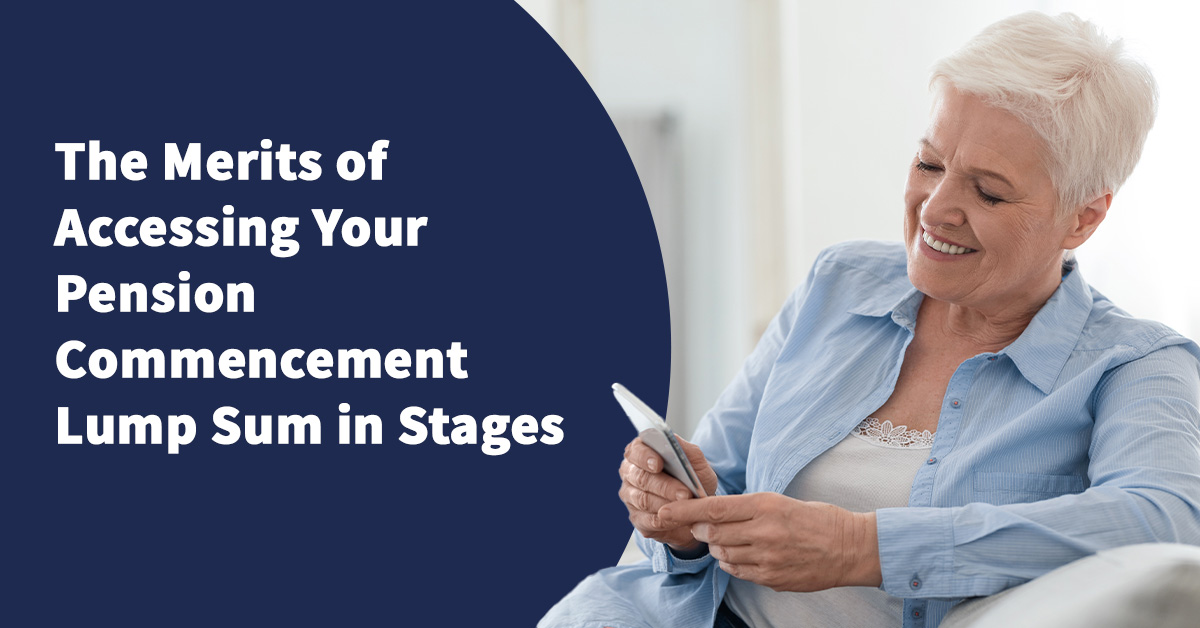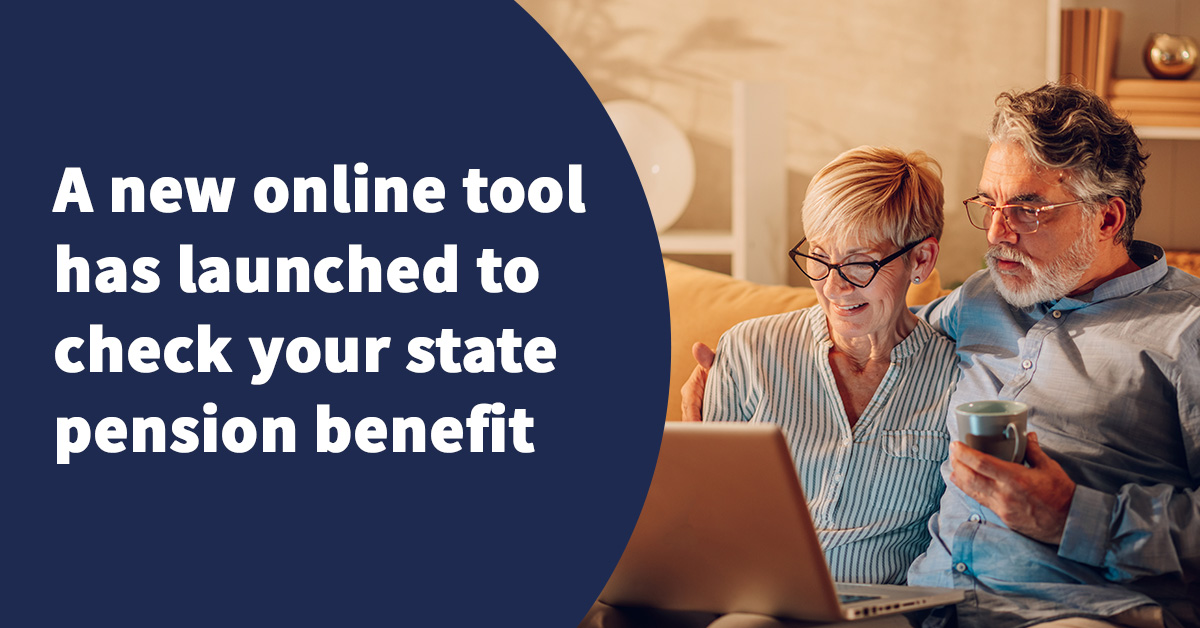With increasing, mobility and collaboration between the UK and UAE employers and employees have welcomed the introduction of the double taxation agreement (DTA).
The Double Taxation Convention entered into force between the UK and the UAE on 25 December 2016. The Convention took effect with regard to taxes withheld at source, in respect of amounts paid or credited on or after 1 January 2017.
How might this affect how you access your pension?
Under the UK “pension freedom” rules introduced in April 2015, savers aged 55 and older can flexibly access their benefits via their SIPP, or if their Defined Contribution scheme permits. This means members can choose how much or how little they take and when to take it.
For UK tax residents when monies are withdrawn over the tax-free amount, these are taxed at source, at the UK’s prevailing income tax rates.
With the DTA in force between the UAE and the UK, this potentially means that UAE tax residents may be able to take their money free of UK income tax. Provided that they comply with temporary non-residency rules, designed to stop people from avoiding tax by temporarily leaving the country.

What’s the process?
Typically the first 25% of your UK pension will be tax-free regardless of where you live. With the remaining 75% liable to income tax. However, the DTA between the UAE and the UK means individuals may be able to access the remaining 75% of their pensions and SIPP savings free from UK income tax when they make withdrawals, whilst they are residents in the UAE/GCC.
How to utlize the DTA in respect of your pension

Here are the simplified steps below:
- Firstly you need to apply for a UAE Tax Residency Certificate, also known as a Tax Domicile Certificate.
- This is issued by the Federal Tax Authority, as per the provisions of avoidance of double taxation agreements. The certificate is valid for a year and is issued to individuals as well as companies.
- All individuals must have a Tax Residency Certificate (TRC), in order to take advantage of the UAE’s double taxation avoidance agreements.
- It is important to note in this regard that you can be a resident of many countries, however, you can only be a tax resident of one. A Tax Residency Certificate is a document which proves that you pay taxes to a certain country and gives you the right to benefit from double taxation avoidance agreements.
- The UAE also has its own rules on the qualification for tax residency. A person applying for the Tax residency certificate in UAE(TRC) should have stayed in the UAE for at least 180 days; non-residents cannot apply.
There are a number of documents you will need to be able to apply for a UAE Tax Residency Certificate.
Documents required for Tax residency certificate:
- A copy of the passport and valid permit of residence
- A copy of the ID card
- A certified copy of the (residential) lease agreement
- Validated 6-month bank statement from a local bank
- Salary certificate
- Tax forms (if any) from the country where the certificate needs to be submitted

Once you have successfully applied for the tax residency certificate you may then proceed to the next stage of fund withdrawal from your pension pot. These are the stages:
- Apply to your pension provider to make a nominal withdrawal from your SIPP/Pension. This will effectively see you officially go into income drawdown and the process will trigger a payment reference. The Pension scheme will make the nominal payment to create a PAYE record. This first income payment will then be logged with HMRC. This will be taxed at source, at your marginal rate.
- The member and their adviser will then need to complete the HMRC Double Taxation Treaty Relief application ‘Form DT-Individual’. Depending on where you are located some parts of this form may need to be completed by the taxation authorities in the member’s country of residence.
- You must include the recent payment reference number and the PAYE details of the pension scheme on the DT form. This form then needs to be posted to HMRC along with your proof of non-residency. Such as an Emirates Identity Document and a copy of your new tax certificate.
- Upon completion, HMRC will issue you with an NT code (No Tax) code. HMRC will usually take at least 12 weeks to process this.
- Then when you next take an income payment, the pension scheme applies the NT tax code to future income payments. So that no income tax is deducted at source.
- Once you have this code in place you are then able to make further withdrawals utilising your NT code as long as you remain a UAE tax resident.
A word of Warning regarding the Temporary Residence Rules
Although at the time of receiving your payment, you are a non-UK resident and therefore not subject to UK income tax, if you move back to the UK, you could be caught by the temporary non-resident rules.
If you return to the UK within 5 years of moving abroad and had been a UK resident in at least 4 of the 7 tax years before you moved abroad, then you will be regarded as having been a ‘temporary non-resident’.
Certain income payments and capital gains made during periods of temporary non-residence will be subject to tax on your return to the UK. This includes any flexible drawdown payments taken from your UK pension. These rules were put in place to stop people from moving abroad for short periods of time, with no intention of remaining outside of the UK – to merely avoid paying income tax. So individuals must still be extremely careful if withdrawing pension funds.
Other key points of consideration
As one would expect, it is not as simple as just taking the remaining funds out as you wish. There are several other things to think about too when accessing your pension.
Important factors to consider include:
- The correct timing of disinvestment;
- Other retirement income available;
- Potential exit fees;
- Inheritance tax implications- any money taken from the pension will become part of your estate and liable to inheritance tax
- Other tax implications
- Possible future move to another country
If you are thinking about accessing your UK pension whilst a UAE tax resident, you should seek advice to ensure you comply with the rules.
Find out how we can help you
If you would like to understand more about this topic get in touch
Related posts
- Published On: July 10, 2024|3.2 min read|
The Merits of Accessing Your Pension Commencement Lump Sum in Stages
As you approach retirement, one of the significant decisions you'll face is how to access your pension commencement lump sum (PCLS). While it might be tempting to take the entire amount in one go, there are several benefits to accessing your PCLS in stages.
Read more
- Published On: June 5, 2023|3.9 min read|
Establishing a Domicile of Choice: A Guide to Finding Your Legal Home
Your domicile, often referred to as your legal home, holds significant implications for various legal matters, including taxation, inheritance, and jurisdictional matters. While your domicile is typically determined by your place of birth or origin, it is possible to establish a domicile of choice in a different location.
Read more












